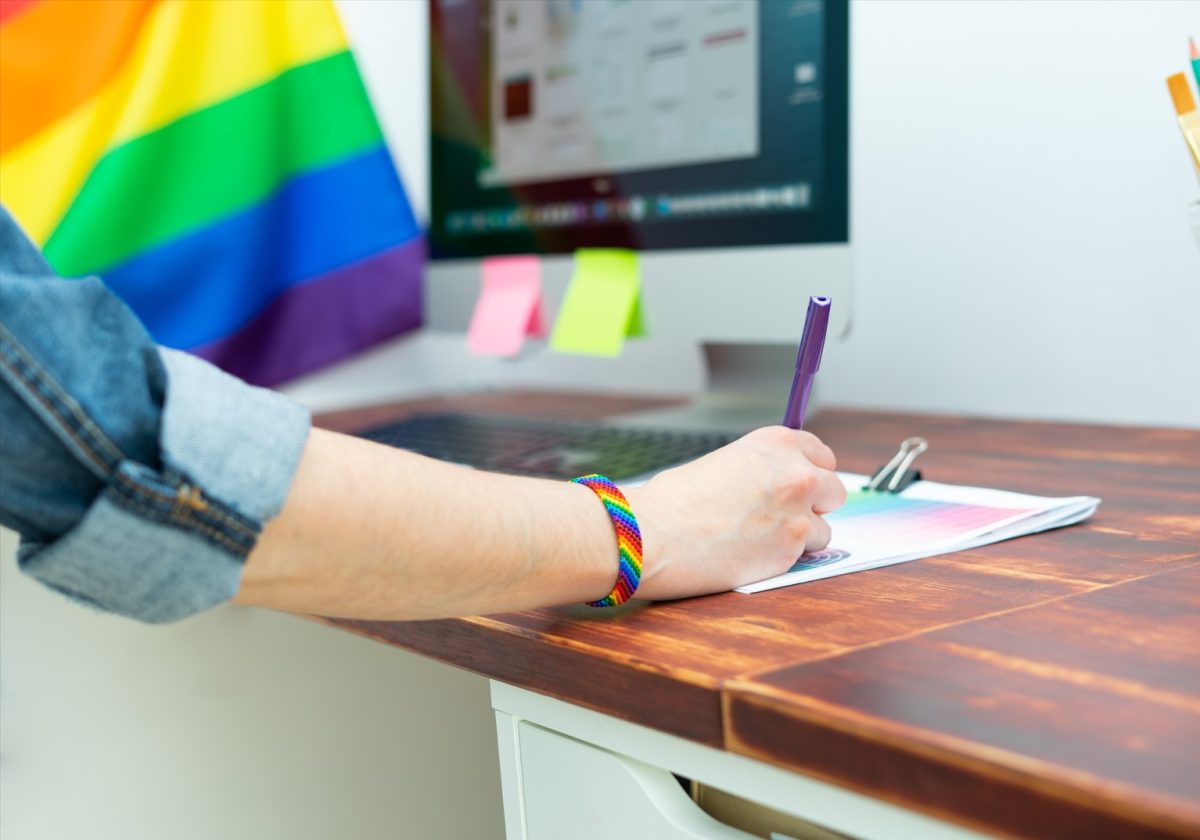This month we commemorate LGBTIQ+ Pride Day, an opportunity to reflect on the progress made in rights and equality, as well as to recognize the work that remains. For companies, it is crucial to create a more inclusive organizational culture that allows open conversations about these topics without fear of repercussions, but more importantly, that genuinely focuses on including and hiring people from this community to benefit from diversity.
According to various surveys in Latin America and the United States, a significant percentage of employees choose not to reveal their gender identity for fear of consequences at work. Many individuals still face environments where they feel unsafe or unsupported in expressing their true selves. While many companies have taken positive steps towards inclusion, barriers still exist that make it difficult for employees to express their true identity.
Therefore, it is necessary for organizational leaders to commit to fostering an inclusive culture. The first step is to understand the current state of the organization through surveys and internal climate assessments to better understand employee relationships and identify a starting point for progress. This should be followed by implementing inclusive policies in line with the initial assessment. At the same time, it is essential to offer training and talks on equity and inclusion to help employees better understand terminology and identify unconscious biases; promote visibility and representation to inspire and empower others; and monitor the progress of these initiatives.
When it comes to long-term measures, it is important for organizations to understand inclusion as a constant evolution process, not as pinkwashing every June or a goal to be achieved and then forgotten. It is not a number to be met within a set percentage of LGBTIQ+ people in the company.
Fostering a culture of learning and adaptation will ensure the organization continues to move towards true inclusion. This should be applied at all stages, from the first interview, by asking for the person’s name or pronouns, to daily communication within a team.
It is about instilling empathy. By generating awareness about the importance of recognizing and valuing the diversity of identities, perspectives, and experiences of people, we can eradicate inequalities and discrimination in society with a constructive, respectful, and supportive approach.
We have a great challenge ahead, especially for those in leadership positions and those working in teams, to create and facilitate safe spaces for participation, where all voices are heard, and everyone has equal opportunities. It is key that these initiatives are replicated in all work environments so that more of us take action and move from pinkwashing to genuine diversity with equity and inclusion within our organizations.
At Baufest, since 2021, we have had the Diversity and Inclusion Community, which works hand-in-hand with the People & Culture area because we are committed to leaving a positive mark on people and society by promoting empathy, inclusion, and greater understanding among everyone.
Additionally, this year, we commemorate Pride Day with the talk “An Interactive Journey Towards LGBTIQ+ Inclusion” where non-binary trans activist Juana Molinari and Melanie Tobal, founder and president of Publicitarias, will address key concepts for labor inclusion, highlighting sex-gender diversities.
With this talk and the other actions we carry out throughout the year, through our Diversity and Inclusion Community, at Baufest, we aim to raise awareness and educate our employees on the importance of creating a work environment guided by respect.
While there is still a long way to go in Latin America and the United States, I trust that together as a society, we will continue to move forward and create spaces where all employees feel safe and free to be who they truly are.


